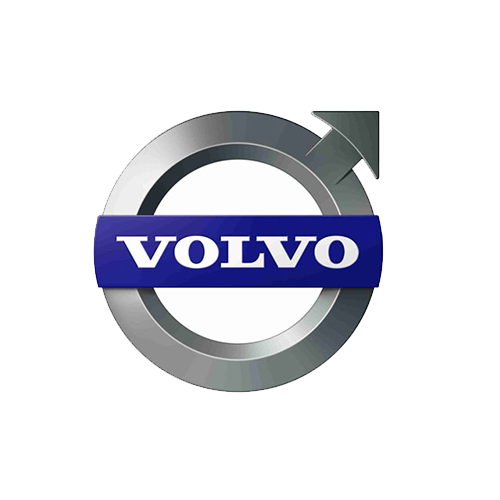We’re Going Greener: Say Hello to HVO Fuel
At James Lynch & Sons (Transport) Limited, we’ve always believed in doing things the right way — for our team, our customers, and the planet. That’s why we’re excited to share some good news: we’ve started using HVO fuel to power our operations!
Wait… What’s HVO?
Good question! HVO stands for Hydrotreated Vegetable Oil. It’s a renewable diesel alternative made from waste products like used cooking oil and leftover fats. It’s not just cleaner — it’s up to 90% lower in carbon emissions compared to regular diesel. That’s a big deal.
Why We’re Making the Switch
We’re always looking for smart ways to cut down our environmental impact without compromising the work we do. HVO ticked all the right boxes:
Works with our existing diesel engines — no modifications needed
Burns cleaner, which means less pollution
Helps us hit our sustainability goals (and those of our clients too)
Reliable and just as powerful as standard diesel
Where It’s Being Used
We’ve started using HVO in a selected number of units in the fleet and we’re planning to roll it out across more of our operations in the coming months.
What This Means for You
If you work with us, it means you’re partnering with a company that takes sustainability seriously — and takes real action, not just promises. If you’re just checking us out, we hope this shows the kind of values we stand for.
We’re not done yet, but this is a big step in the right direction — toward a cleaner, greener future.
Have questions or want to chat about our switch to HVO? We’d love to hear from you. Drop us a message or connect with us by:











